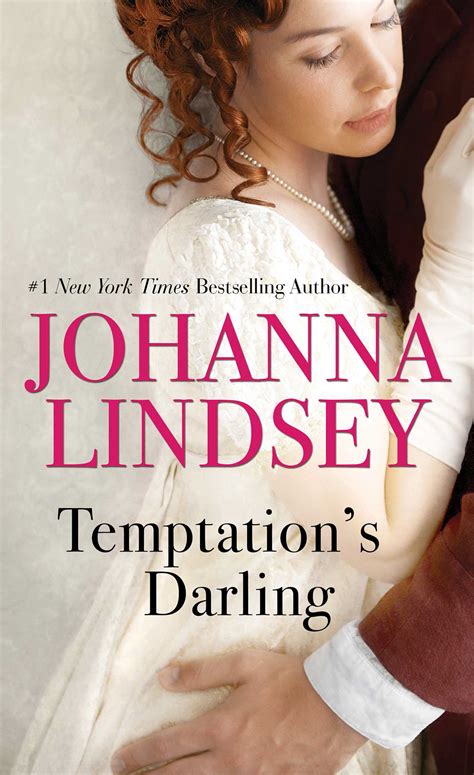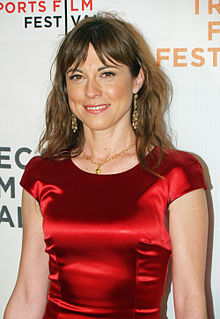A Quote by Alan Furst
Anthony Powell taught me to write; he has such brilliant control of the mechanics of the novel.
Related Quotes
When you write your first novel you don't really know what you're doing. There may be writers out there who are brilliant, incisive and in control from their first 'Once upon a time'. I'm not one of them. Every once upon a time for me is another experience of white-water rafting in a leaky inner tube. And I have this theory that while the Story Council has its faults, it does have some idea that if books are going to get written, authors have to be able to write them.
Anthony: Now lower your dress a little- Roslynn: Anthony! Anthony: This is no time for offended modesty... You're the distraction. Roslynn: Och, well, in that case. Anthony: That's quite low enough, my dear... Roslynn: I was only trying to help, Anthony: Commendable, but we want the chap to ogle you, not bust his breeches.
You could say that this book is ripped from the headlines, but that wouldn't be fair. Bret Anthony Johnston's riveting novel picks up where the tabloids leave off, and takes us places even the best journalism can't go. Remember Me Like This is a wise, moving, and troubling novel about family and identity, and a clear-eyed inventory of loss and redemption.
The age of the book is not over. No way... But maybe the age of some books is over. People say to me sometimes 'Steve, are you ever going to write a straight novel, a serious novel' and by that they mean a novel about college professors who are having impotence problems or something like that. And I have to say those things just don't interest me. Why? I don't know. But it took me about twenty years to get over that question, and not be kind of ashamed about what I do, of the books I write.
































